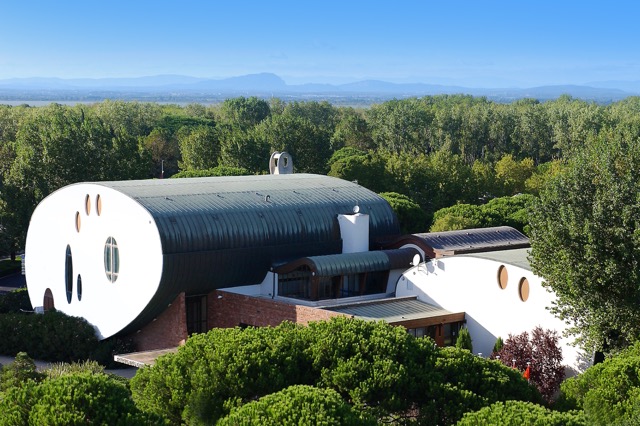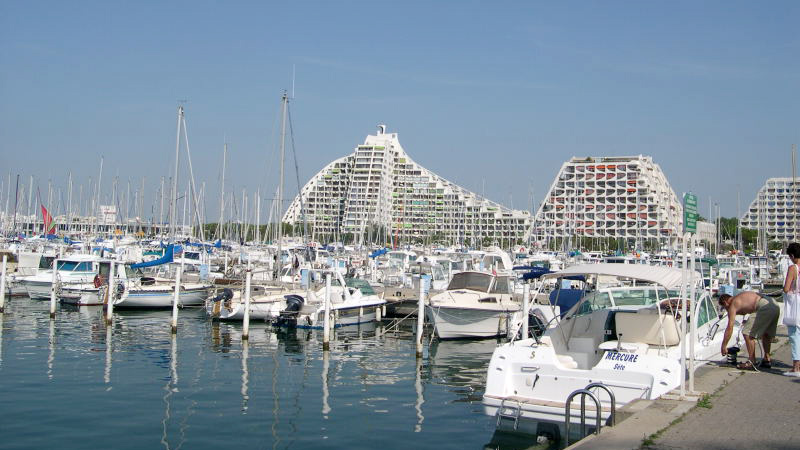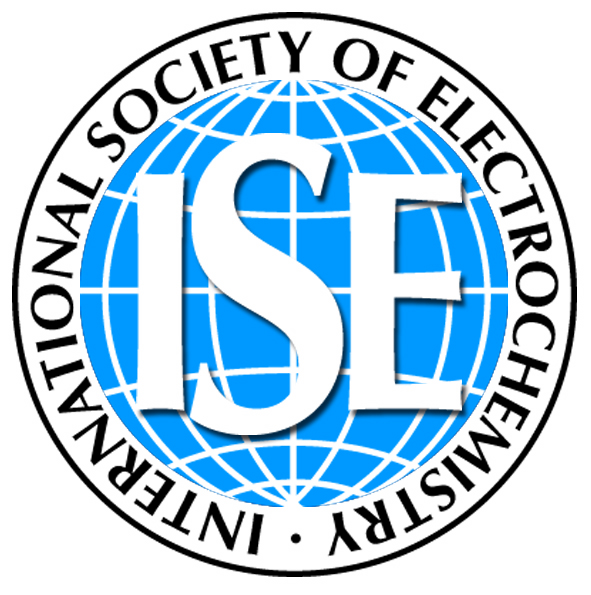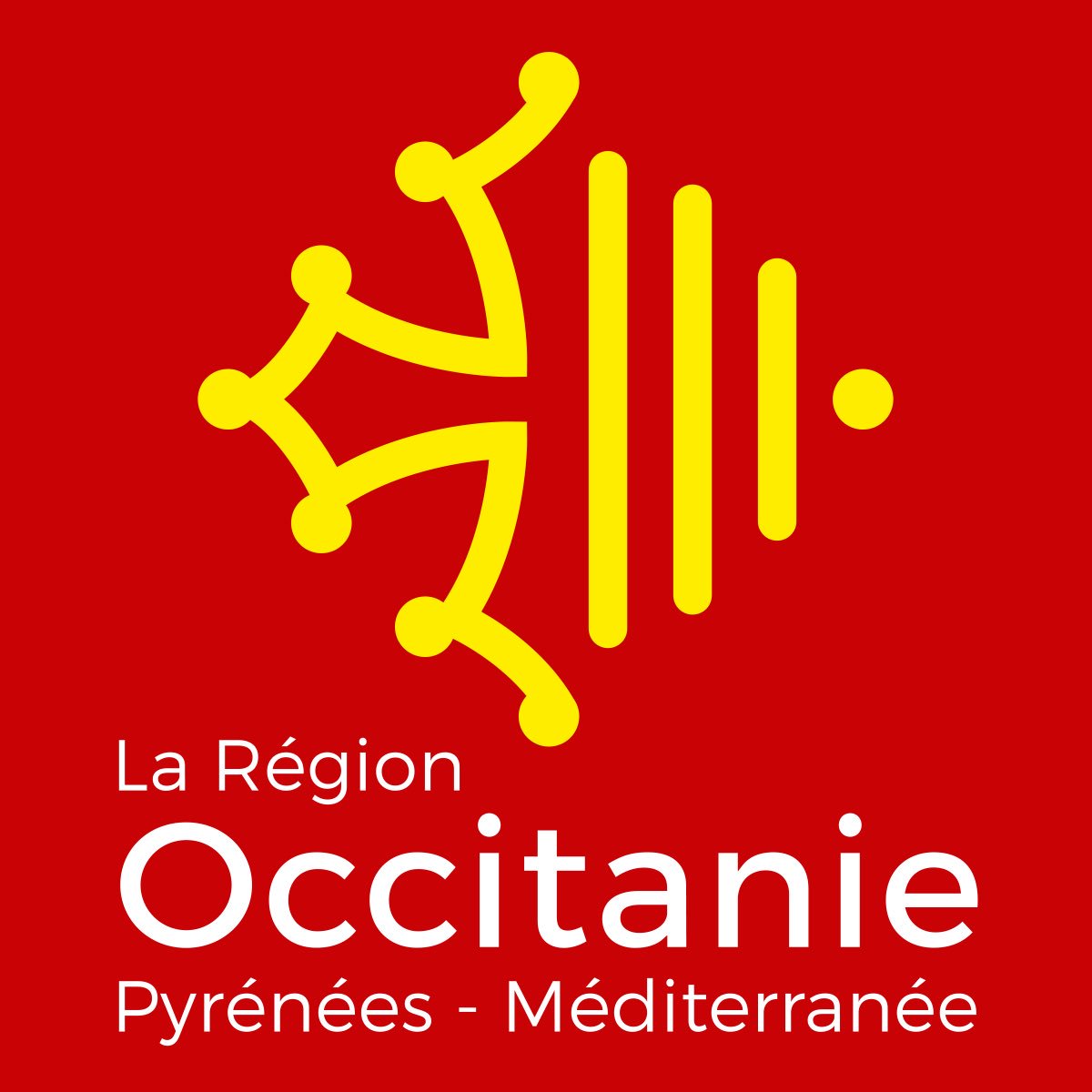The CREATE project (2018-2021) is funded under the Horizon 2020, European Union funding for Resaerch & Innovation, with partners CNRS (project coordinators), Institute of Chemical Research of Catalonia, Aalto University, Fumatech, Technion, ITM Power, Eifer, University of Rome Tor Vergata, Forschungszentrum Jülich, Northeastern University and Pretexo. This project aims at developing new concepts of hydrogen fuel cells and water electrolyzers based on polymer electrolytes with lower acidity than the ones currently in use. This approach will allow the use, combination and/or development of novel anode and cathode catalysts that are free of CRM (and especially free of PGM), or contain a much reduced CRM amount compared to today’s electrolyzers and fuel cells based on proton-conducting polymer-electrolyte membranes.
with partners CNRS (project coordinators), Institute of Chemical Research of Catalonia, Aalto University, Fumatech, Technion, ITM Power, Eifer, University of Rome Tor Vergata, Forschungszentrum Jülich, Northeastern University and Pretexo. This project aims at developing new concepts of hydrogen fuel cells and water electrolyzers based on polymer electrolytes with lower acidity than the ones currently in use. This approach will allow the use, combination and/or development of novel anode and cathode catalysts that are free of CRM (and especially free of PGM), or contain a much reduced CRM amount compared to today’s electrolyzers and fuel cells based on proton-conducting polymer-electrolyte membranes.
![]() The CRESCENDO project (2018-2020) is funded under the European Fuel Cells and Hydrogen Joint Undertaking public-private partnership with partners CNRS (project coordinators), Johnson Matthey Fuel Cells, BMW, Imperial College London, Technical University of Berlin, CEA, University of Padova and Pretexo. It has the specific objective of developing highly active and long-term stable non-PGM electrocatalysts for the PEMFC cathode and the re-design of the cathode catalyst layer, so as to reach the project target power density of 0.42 W/cm2 at 0.7 V initially in small and ultimately full-size single cells. It will also provide a cost analysis study that assesses the feasibility of novel non-PGM cathode MEAs for automotive application. Non-PGM or ultra-low PGM anode catalysts with greater tolerance to CO and H2S impurities than current low Pt loaded anodes are also under development.
The CRESCENDO project (2018-2020) is funded under the European Fuel Cells and Hydrogen Joint Undertaking public-private partnership with partners CNRS (project coordinators), Johnson Matthey Fuel Cells, BMW, Imperial College London, Technical University of Berlin, CEA, University of Padova and Pretexo. It has the specific objective of developing highly active and long-term stable non-PGM electrocatalysts for the PEMFC cathode and the re-design of the cathode catalyst layer, so as to reach the project target power density of 0.42 W/cm2 at 0.7 V initially in small and ultimately full-size single cells. It will also provide a cost analysis study that assesses the feasibility of novel non-PGM cathode MEAs for automotive application. Non-PGM or ultra-low PGM anode catalysts with greater tolerance to CO and H2S impurities than current low Pt loaded anodes are also under development.










